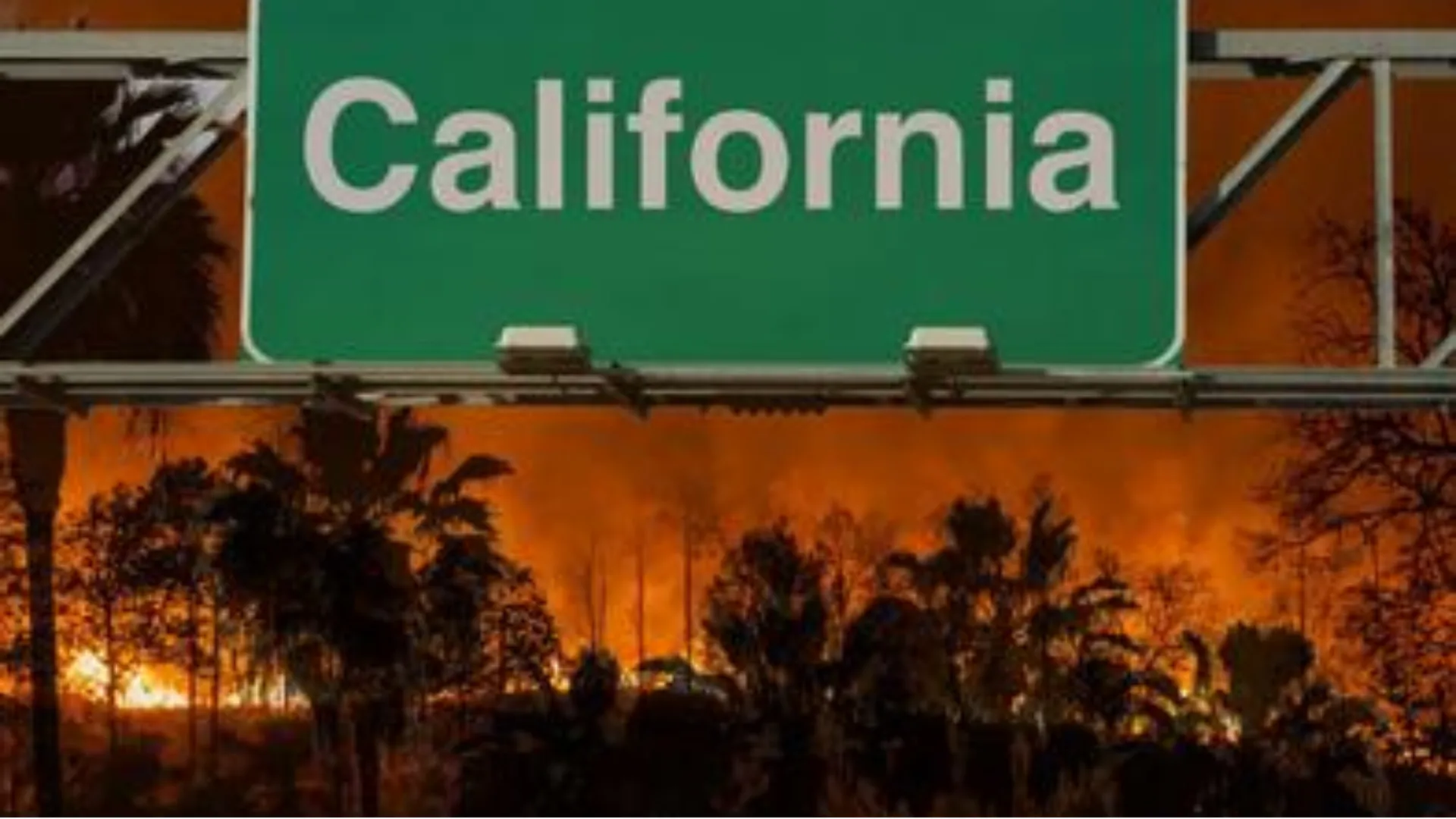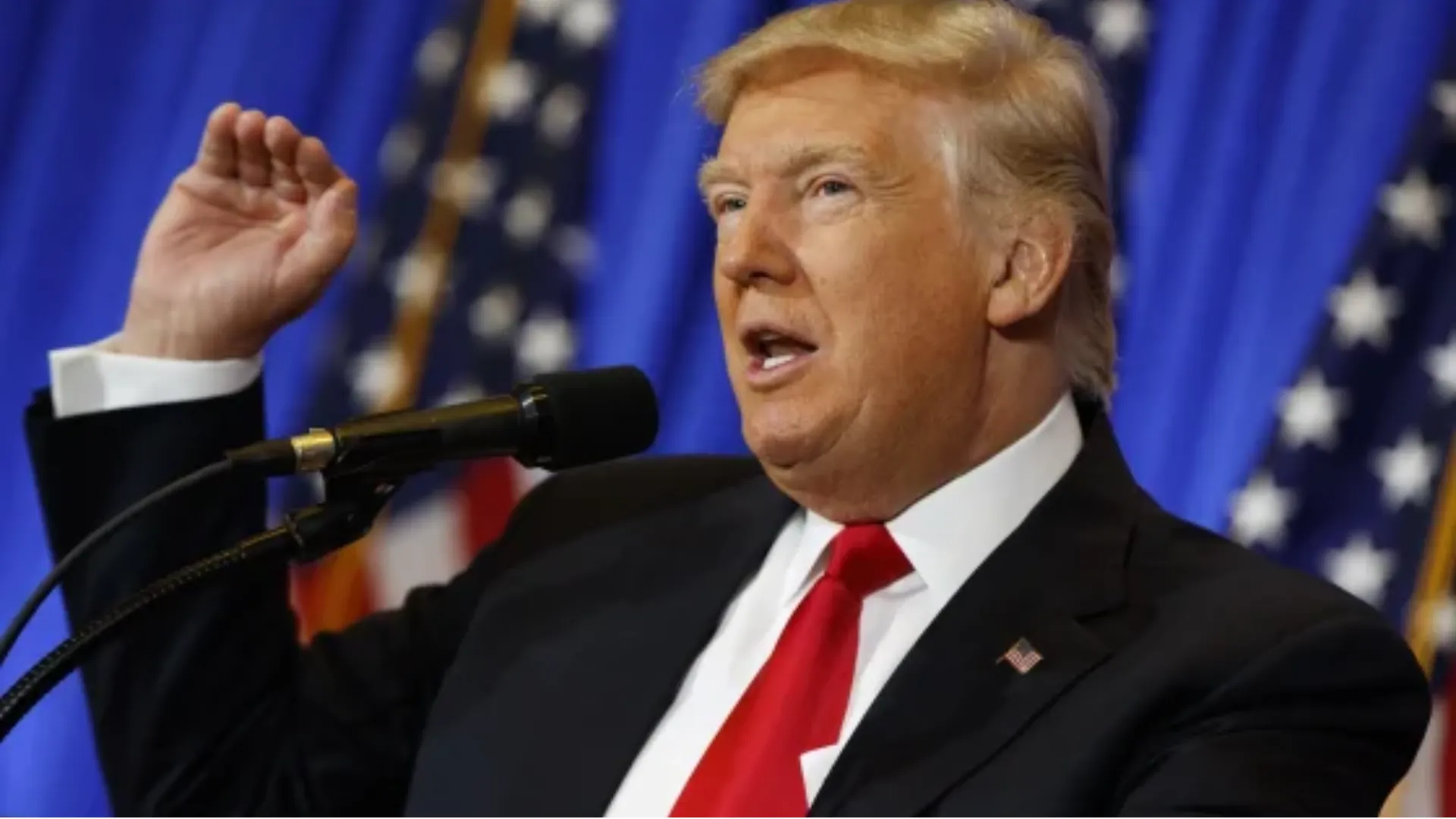
President-elect Donald Trump has once again stirred controversy with his latest off-the-cuff remarks, suggesting that the U.S. should retake the Panama Canal, purchase Greenland, and even incorporate Canada as the 51st state. Predictably, critics have responded with outrage, accusing him of reviving 19th-century “Manifest Destiny” ideals of territorial expansion. However, this reaction misunderstands both Trump’s political strategy and the realities of modern America.
Trump’s comments are not serious policy proposals; they’re provocative theater designed to dominate the media cycle. Ever since his first campaign, Trump has wielded outrageous statements as a tool to grab headlines, distract from vulnerabilities, and energize his base.
Whether it’s claiming he could shoot someone on Fifth Avenue or musing about buying Greenland, Trump’s strategy is to provoke critics into overreacting, which in turn fuels his political brand. His latest remarks about territorial expansion fit perfectly into this pattern: they’re designed to be outrageous, attention-grabbing, and ultimately unserious.
The outrage these comments provoke reveals a fundamental misreading of today’s political landscape. Unlike the 19th century, modern America has no appetite for territorial conquest.
The country’s aging population, pluralistic debates over national identity, and growing skepticism about global commitments contrast sharply with the ideological and demographic drivers that fueled Manifest Destiny. Trump’s presidency has underscored this shift, emphasizing retrenchment over expansion with his “America First” mantra, a sharp break from the interventionist policies of the post-World War II era.
Take Greenland, for example. Trump’s 2019 suggestion to purchase the Arctic island caused a media frenzy, but the idea was hardly new. Greenland’s strategic location and natural resources have long made it an asset of geopolitical interest to the U.S.

However, Denmark’s refusal to sell underscored the absurdity of the proposition. Similarly, the idea of annexing Canada is so far-fetched it borders on satire. Canadians fiercely guard their sovereignty, and even Trump’s base is far more concerned with immigration and border security than with adding new territories to the union.
Critics of Trump miss the point entirely. By framing his remarks as a revival of Manifest Destiny, they misunderstand his intentions and fall right into his trap. Trump is not motivated by imperial ambition; instead, he’s exploiting the insecurities of the political and media establishment to dominate the conversation. This dynamic fuels Trump’s political success, turning outrage into a tool for branding while distracting from substantive issues.
The real challenges facing America — such as political polarization, economic inequality, and eroding democratic norms — receive far less attention than Trump’s provocations. The cycle of performative outrage over his statements only serves to reinforce his hold on the political discourse.

By reacting so intensely to his remarks, critics play into Trump’s hands, amplifying his ability to control the narrative and keeping the focus on his theatrics rather than on meaningful debates.
Trump’s remarks about the Panama Canal, Greenland, and Canada are not genuine policy signals; they’re a media strategy. In the 21st century, territorial expansion is not only impractical but also constrained by international law, exorbitant costs, and a lack of political will.
Even if these ideas were remotely viable, the cultural, political, and economic conditions that once drove Manifest Destiny no longer exist.
In the 19th century, Manifest Destiny was fueled by ideological, demographic, and economic factors: a growing population, a belief in cultural superiority, and the promise of economic opportunity.
These forces propelled the U.S. to expand westward and acquire new territories. Today, none of these drivers are present. Instead, America is defined by retrenchment and skepticism of its global commitments.
It’s time to stop treating Trump’s comments as serious policy proposals. They’re designed to provoke outrage, not outline a vision for the country’s future. By focusing so intently on his theatrics, critics give him the platform he craves and allow him to control the conversation.
If critics truly want to challenge Trump, they must focus on substantive issues rather than playing into his strategy of media domination. Addressing the real threats to American stability — from polarization to inequality — requires a shift in focus away from Trump’s provocations and toward meaningful solutions. Trump is not manifesting destiny; he’s mastering the media. The only way to counter him is to refuse to play his game and concentrate on the issues that matter.




